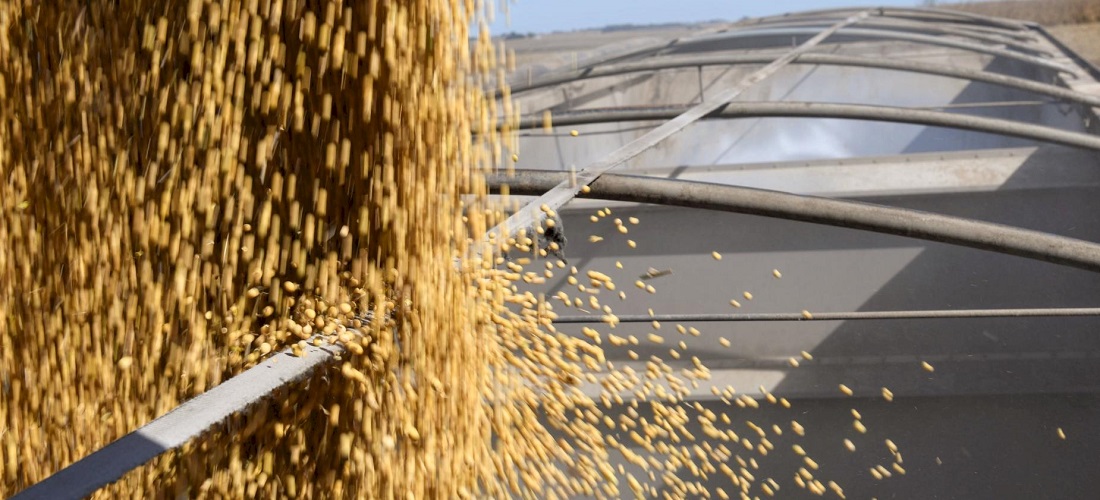
Europe says Brazilian measure to end soy moratorium threatens US$5bn market
Nov, 26, 2019 Posted by Sylvia SchandertWeek 201949
Brazilian farmers risk losing part of the European soybean market, estimated at US$5bn each year, if they end the so-called “soy moratorium”, which prevents grain traders from buying oilseeds from deforested areas in the Amazon.
“This movement of farmers can be seen as a challenge,” Nathalie Lecocq, managing director of FEDIOL, a group representing the European Union’s vegetable oil and bran sector, told Reuters.
Aprosoja, the main group representing Brazilian soy producers, wants to end the moratorium, which applies to lands in the Amazon that were deforested after 2008.
Abiove, an association that represents soy traders and grinders, wants to maintain the moratorium. She says Europe bought about US$5bn in soy and soybean meal from Brazil in 2018.
“This market could be put at risk if the Amazon Soy Moratorium is questioned or suspended,” Lecocq said. “The European market, driven by consumer concerns about climate change, is increasingly demanding products free of built-in deforestation,” she said.
Aprosoja has decided to oppose the moratorium because it claims that landowners in the Amazon region are entitled by the Brazilian Forest Code to clear up to 20% of the land for agricultural activities.
The farmers’ initiative to end the policy found support in the Brazilian government. Agriculture Minister Tereza Cristina described the moratorium as “absurd”.
Bartolomeu Braz Pereira, Aprosoja’s director, said the moratorium is not in accordance with national legislation that allows some agricultural activities in the Amazon. He said farmers would seek a favorable decision from CADE, the Brazilian agency that oversees competition in the market. Asked if farmers fear a reaction from European buyers, he said: “Where will they buy soy from, if not from Brazil? Mars? From the moon?”
André Nassar, director of Abiove, has a different opinion. He sees the risk of Brazil losing market share and cites growing imports from Europe from the United States and Argentina in 2018, when Brazil was selling almost all of its soybeans to China.
Lecocq said recent data showing an increase in deforestation will only further drive EU consumers in rejecting products. “It is likely to encourage policy makers to take steps to prevent deforestation-related goods from entering the EU market,” he said.
Source: Reuters
-
Ports and Terminals
Aug, 11, 2021
0
Santos Brasil studies liquid bulk auctions in Santos and PR
-
Trade Regulations
Sep, 29, 2022
0
Brazilian Revenue Service issues normative ruling facilitating imports by individuals
-
Steel and Aluminium
Jul, 25, 2022
0
USA, UK no longer restrict entry of steel products from Brazil
-
Ports and Terminals
Jun, 24, 2021
0
Santos operation seizes 40,000 Cable TV ‘unlockers’



